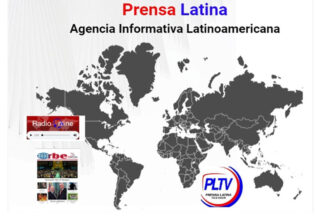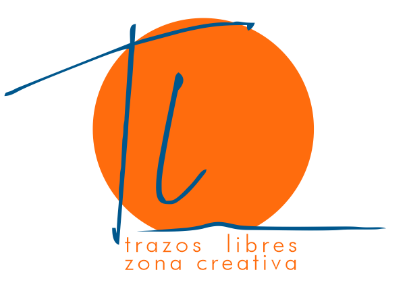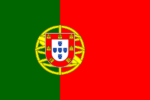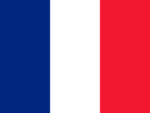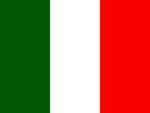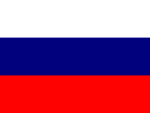The first communicational project in Latin America of international relevance and scope, with an alternative and true vision of the regional and universal reality will soon turn 61 years on June 16th.
Fidel Castro took the initiative and summoned several hundred journalists from all over the world to Havana on January 21 and 22, 1959, to show them the reality of Cuba in the face of an escalation of media lies spread by news monopolies of the time.
“We have no international newswire service. You, the Latin American journalists, have no choice but to accept what the wire tells you, which is not Latin American,” he said to those who attended the meeting that was known as Operation Truth.
In his words, the leader of the Cuban Revolution was saying that Latin American reality and developments should be truthfully told by serious media organizations, and the public should not be the victim of lies.
The seed began then to sprout. The idea of founding Prensa Latina emerged during Operation Truth. “It was necessary to secure the information sources of Latin America,” wrote days later Argentinean journalist Jorge Ricardo Masetti, its first general director.
US news rivals gave Prensa Latina a couple of months to live; however, it is now celebrating its 61st anniversary in a modest but constant fashion, under his founding principles of being objective, but not impartial, since one cannot be impartial between good and evil.
Fidel Castro and Commander Ernesto Che Guevara were the promoters of the project, which had the decisive contribution of Cuban and Latin American professionals, including Carlos María Gutiérrez, Rodolfo Walsh and Gabriel García Márquez, who received the Nobel Prize for Literature in 1982.
Throughout its history, the agency, in the service of truth, has faced hurdles and hardship of various kinds, from raids, closures, freezing of funds, arrests and even murder.
Its journalists have been in the forefront, covering relevant events on the fields of politics, economy, science and technology, culture and sports. The world has known about fascist coups or imperial aggression, thanks to reporters who risked their lives.
The images of Masetti directly covering the criminal sabotage of La Coubre merchant ship in the harbor of Havana and the US-backed mercenary invasion of Bay of Pigs are relevant.
Its correspondents also covered in situ the fascist coup against President Salvador Allende in Chile, the Sandinista victory in Nicaragua, the US invasions of Grenada and Panama, the liberating wars and movements in Africa, the Vietnam war and the terrorist aggression against Syria, not to mention the current Covid-19 pandemic.
Prensa Latina is today a multimedia organization with headquarters in Havana, Cuba. It has permanent correspondents in 40 countries and contributors in several dozen nations, who are the backbone of its 24-hour global news service in six languages (www.prensa-latina.cu).
With nine publications of its own and a dozen edited on demand, the agency also runs a photography services, the publishing house, it preserves a historical photographic archive and does radio and television reporting.
Prensa Latina also channels its news service through social media, to counter just like in its early years the growing defamation campaign financed by the US Government. Its stories can be found in Facebook (@AgenciaPrensaLatina), Twitter (@PLPrensaLatina), in YouTube (www.youtube.com/user/PrensaLatinaTV/videos), in Instagram (@PrensaLatinaCuba) and Telegram (https://t.me/TesoroLatino).
*Prensa Latina Chairman
mh/car/leg/cvl


